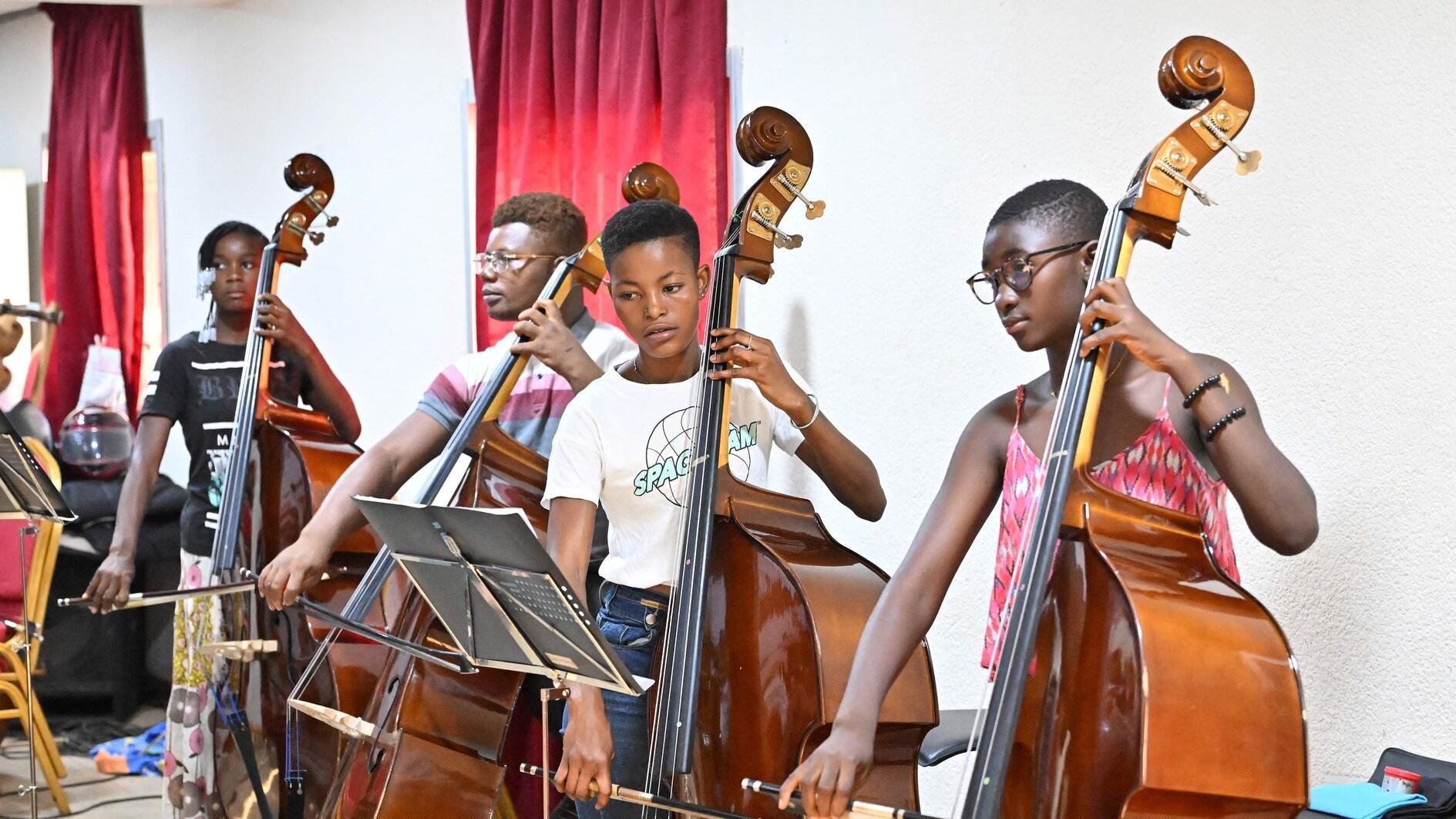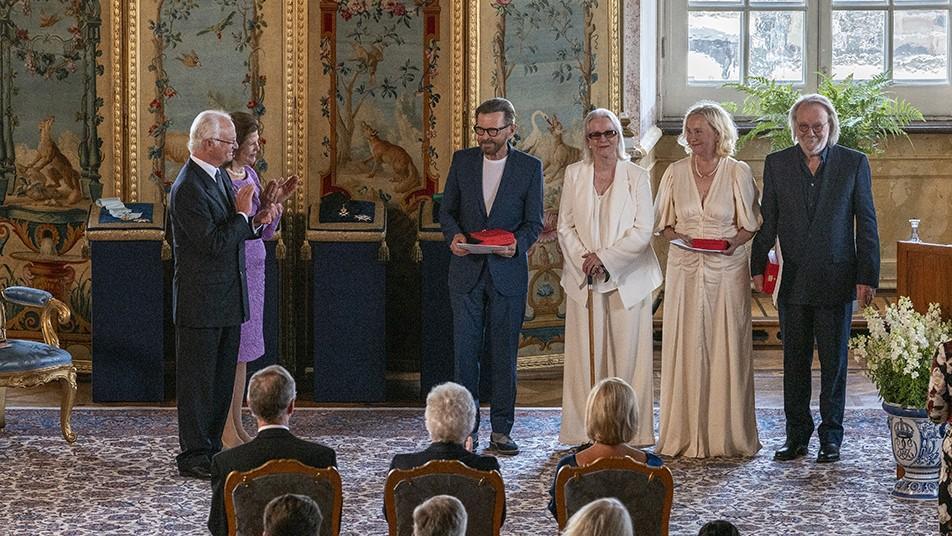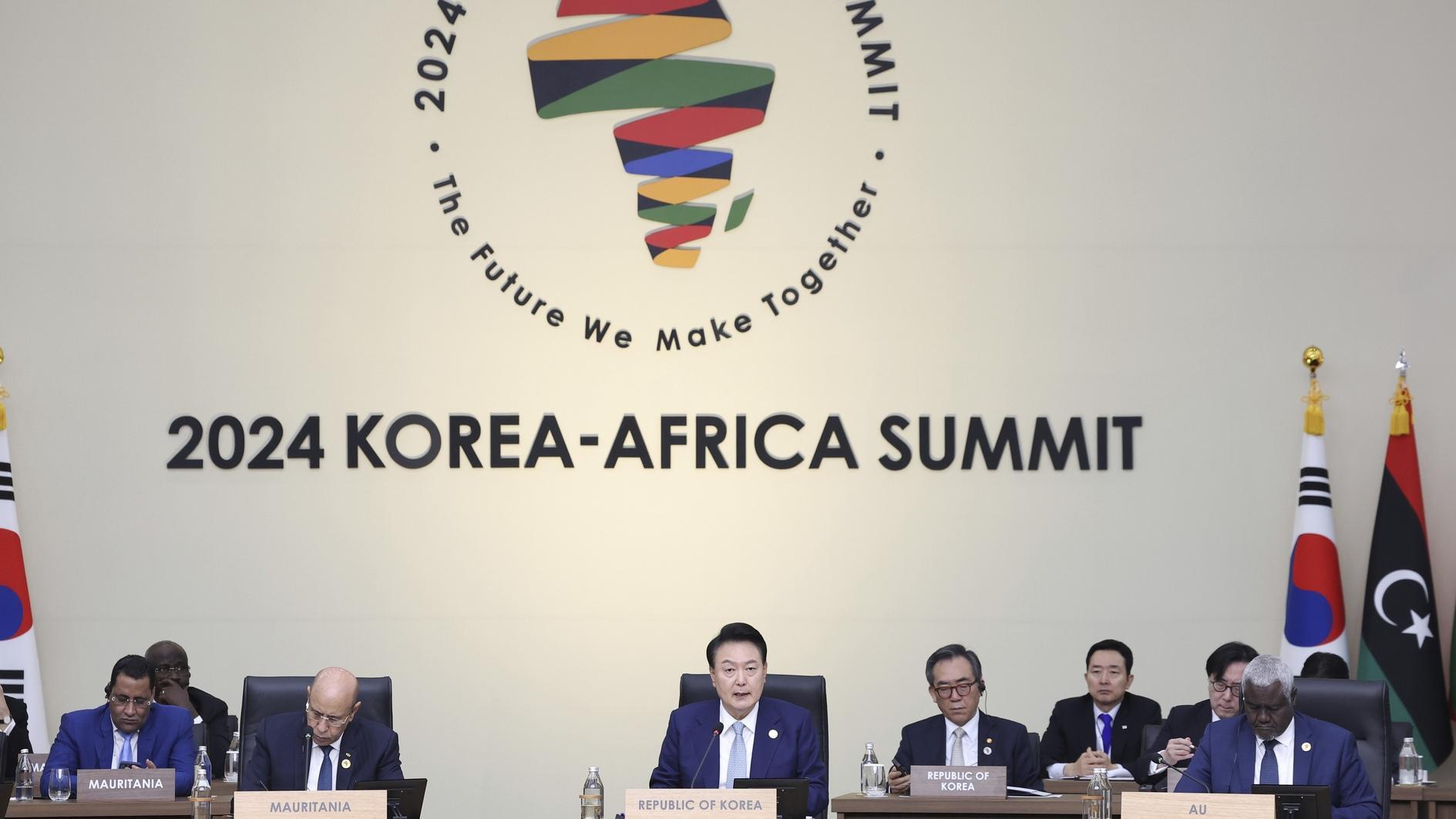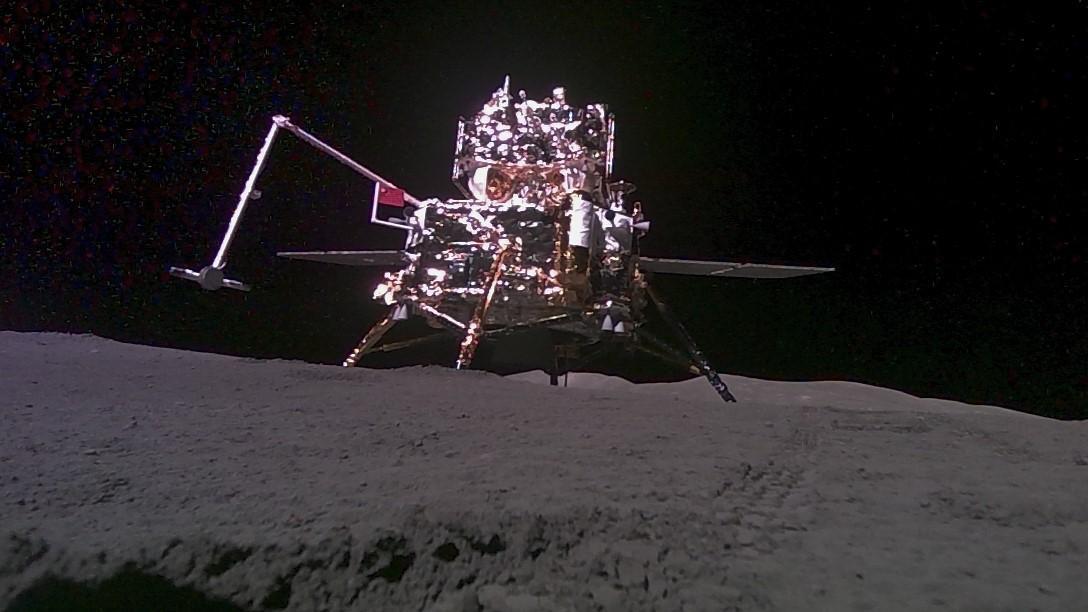Australia tells China of 'outrage' over writer's suspended death sentence
CANBERRA

Australia has told China of its "outrage" over a suspended death sentence handed to Chinese-Australian dissident writer Yang Jun, Prime Minister Anthony Albanese said Tuesday.
Yang was sentenced to death on Monday with a two-year suspended execution and had all of his property confiscated, the Chinese foreign ministry said.
The Beijing court found him guilty of "espionage", a ministry spokesman said.
Jun's sentence may be commuted to life imprisonment if no "serious crimes" are committed during the two-year suspension period, the Australian foreign ministry has said.
Australia's government has conveyed "our dismay, our despair, our frustration, but to put it really simply, our outrage at this verdict," Albanese told reporters in Canberra.
"This is a very harsh sentence on Dr. Yang, who is a man who's not in good health, and we will continue to make the strongest representations," the Australian leader said.
The Chinese-born Australian citizen has been in jail since 2019 on spying allegations.
The writer, whose pen name is Yang Hengjun, has denied the allegations, telling supporters he was tortured at a secret detention site and that he feared forced confessions may be used against him.
Albanese said his government had summoned the Chinese ambassador to Australia, Xiao Qian, on Monday and would make representations "at all levels".
"We have said very clearly that we will cooperate with China where we can, but we'll disagree where we must. We must disagree with this harsh action by China. We have done so. We will continue to do so," Albanese said.
'Unequivocal' response
The prime minister declined to respond when asked whether he would withdraw his invitation last year for Chinese Premier Li Qiang to visit Australia.
"We will respond very directly to China. We'll respond directly and clearly and unequivocally to China. What we won't do is conduct diplomatic negotiations through the media," Albanese said.
The suspended death sentence will be seen as a setback in Australia-China relations, which had appeared to be warming.
Australian journalist Cheng Lei was released in October last year after more than three years' detention on espionage charges widely seen as politically motivated.
Tensions between Canberra and Beijing mounted in 2018 when Australia excluded the Chinese telecommunications giant Huawei from its 5G network.
Then in 2020, Australia called for an international investigation into the origins of Covid-19 -- an action China saw as politically motivated.
In response, Beijing slapped high tariffs on key Australian exports, including barley, beef and wine, while halting its coal imports.
Most of those tariffs have been lifted under the centre-left government of Albanese, who made a breakthrough trip to Beijing in November 2023, hailing progress as "unquestionably very positive".
Yang's friends said last year that he feared he would die in jail without proper medical treatment because of a cyst growing on his kidney.
"If something happens with my health and I die in here, people outside won't know the truth," he said in a note shared with friends and supporters.
"If something happens to me, who can speak for me?"
















